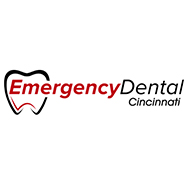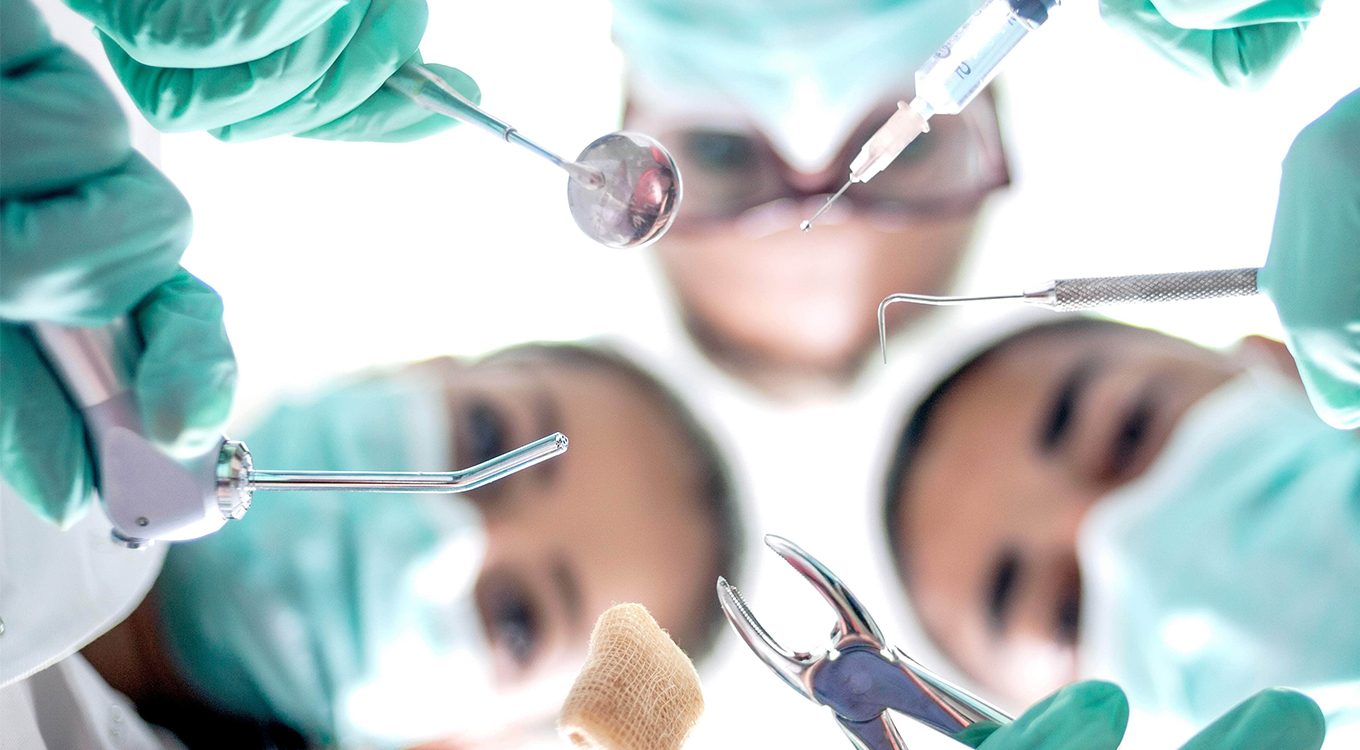
24/7 Patient care team available by phone. Call to schedule an emergency appointment within 24 hours.
Care Credit, Sunbit, Discover, Mastercard, Visa, Cash, Credit/Debit Cards
Delta Dental, MetLife, United HealthCare, Ameritas, Aetna, Cigna, Guardian, Lincoln Financial, Mutual of Omaha, Principal, United Concordia, UMR
emergency root canal, emergency tooth extraction, emergency dentist open on Saturday & Sunday, urgent dental care, emergency dental extraction, same-day tooth extractions, tooth pulled immediately, emergency dental services, dentist open on weekends
24/7 Patient care team available by phone. Call to schedule an emergency appointment within 24 hours.
Care Credit, Sunbit, Discover, Mastercard, Visa, Cash, Credit/Debit Cards
Delta Dental, MetLife, United HealthCare, Ameritas, Aetna, Cigna, Guardian, Lincoln Financial, Mutual of Omaha, Principal, United Concordia, UMR
At Emergency Dental of America, we meet all these needs for patients in major cities around the US. We cater to dental emergencies and patients who need to be seen quickly. But all of our experienced dentists offer a wide range of services and are equipped to provide high-quality ongoing oral health care. Because we can see patients quickly and offer the convenience of dentistry seven days, we believe that our emergency dentists provide an invaluable service to the local communities we serve. If you have an urgent dental problem that cannot wait, please contact an Emergency Dental of America location near you.
Will honestly say I was very nervous going in especially for for 2 wisdom teeth extractions. But the staff was very friendly and professional especially Tia she was amazing! Had a little bit of a wait, but once I got in the chair they wasted no time was able to remove my teeth with no pain. If I ever needed emergency dental issues I will definitely go back with a second thought! *Thank you guys for everything!!
Tia and Dr Parks were amazing! They pulled my wisdom tooth today and that was the best trip to the dentist I’ve ever had!
Dental emergencies can happen at any time and cause pain, stress, and uncertainty. The patient care team at Emergency Dental of Cincinnati is here to offer fast, dependable treatment for your weekend dental emergency. Whether it is a toothache, tooth damage from a sports accident, or a lost filling, our office is equipped to provide prompt, high-quality emergency dental care and pain relief.
Emergency Dental Service has built a network that connects patients to emergency dentists open on Saturday and Sunday near them 24/7 to make sure rapid relief is always available, even on the weekend. Our focus is always on efficient and compassionate care, from fillings to root canals, and we use the latest tools for quick, accurate diagnoses and treatment.
At Emergency Dental of Cincinnati, we know that many dental emergencies occur outside of standard business hours. Most hospital emergency rooms are not equipped to handle urgent or emergency dental procedures, and it can be difficult to find a dentist with same-day appointments on weekends.
Our emergency dental team provides general dentistry services to patients with extended hours, including Saturday and Sunday. We have the tools and resources necessary to handle painful dental problems when they happen unexpectedly, and you can make an appointment any time, day or night. We even have a discount program and financing available for patients who don’t have insurance or the extra money to pay for unexpected dental costs.
You can often get same-day appointments for assessments with an emergency dentist. While some cases may require a follow-up appointment, many patients can also get the necessary treatment in the same appointment. Our team prioritizes relieving symptoms and restoring function, and our office has the same medicine and tools needed to perform most dental procedures.
When you arrive at our office, our friendly staff can check you in and assess your needs for pain relief as well as the underlying cause of the pain, including an x-ray and other necessary tests. Then, our care team can develop a plan for your treatment and determine how to alleviate your discomfort as quickly as possible. This can include medications, fillings, repairing or replacing previous dental work, or other dental procedures for common issues like the following.
This is a general term for any pain in or around a tooth. A toothache can have many causes, including damage from an injury, tooth decay, or infection, and severity can range from slight sensitivity to pain that throbs or extends to the ear or jaw. Your dentist can determine the cause of the toothache and develop an appropriate treatment and pain management plan.
A cavity starts as a hole in the tooth’s enamel where bacteria, sugar, and acids can enter and spread the decay. While cavities may be small to begin with, they can grow quickly and often result in pain, swelling, infection, or broken teeth. A dentist removes the decayed portion and cleans the rest, then packs the hole with a strong, durable filling material and shapes it to look and feel like the original tooth.
When a tooth or the gums around it become infected, the result can be a red, swollen spot that is filled with pus. You may experience soreness, sensitivity, or throbbing pain. The dentist can assess how severe the infection is and then may lance the abscess or prescribe antibiotics to reduce the infection. In some cases, a root canal may be required, or you may need to return after taking the antibiotics to have the tooth filled or extracted.
Most tooth and mouth infections are from bacteria and are related to tooth decay. However, there are other causes of infection, such as gingivitis, viruses, or fungal infections. Infections often cause soreness, swelling, and bad breath even after you brush. An untreated infection can spread and even potentially cause permanent tissue or bone loss. Antibiotics may be required, and your dentist can treat the underlying cause.
Accidents, injuries, tooth decay, or something as simple as biting something hard can cause teeth to break or come loose. In some cases, you may feel no pain, and in others, the pain can be severe, depending on how deep the damage goes into the tooth. Damaged teeth may need a crown, a filling, or extraction. A tooth that has been knocked out can sometimes be saved or may be replaced with a bridge, spacer, or implant.
Fillings, crowns, bridges, dentures, spacers, and other dental work are made to be durable but, over time, can become worn down, damaged, or loose. When this happens, it can leave the teeth and gums around it at risk of additional damage or infection. A dentist can repair or replace the previous dental work, as well as treat any pain, swelling, or infection that happens as a result of the damage.
Small pieces of food, like seeds, often get lodged between teeth or in the gums, and sometimes non-food items can cause plastic or other materials to get stuck, especially in children and teens. If you can’t remove the item by brushing or flossing, it can cause pain, infection, or other problems. When that happens, a dentist can remove the stuck object and treat any symptoms or other problems caused by the item.
Dental problems often cause pain and swelling that can make it hard to eat, talk, and engage in daily activities, but not every dental problem is an emergency. Here are some guidelines to help you assess whether what you are experiencing needs immediate care or can wait for regular business hours.
Some dental emergencies can cause life-threatening symptoms. It is uncommon, but if you experience any of the following dangerous symptoms, you need to seek emergency dental care immediately:

More often, dental emergencies need to be treated because they are causing severe pain or impairing your ability to eat, talk, sleep, and other daily functions. If you have any of these urgent but not life-threatening symptoms, contact an emergency dentist open on Saturday and Sunday.
Many dental problems are not emergencies and can wait for a weekday appointment. However, it is always important to get treatment as soon as possible to avoid additional infections, spread of decay, and possible long-term problems with bone loss or tissue loss. Non-urgent symptoms include:
If you are uncertain about whether your situation is an emergency, our 24/7 emergency patient care team can help you determine that and, if needed, schedule an appointment with a Cincinnati weekend emergency dentist.
Many everyday activities can result in damage to teeth or gums. In addition, improper care, chronic health conditions, and simple wear can contribute to problems that lead to dental emergencies. Some common factors that create or worsen dental problems include:

If your dental issue is not life-threatening, you may want to try treating your symptoms at home before you seek outside care. To determine what is most appropriate, assess your symptoms, such as bleeding, swollen gums or face, pain coming from teeth, gums, jaw, ear, or sinuses, sensitivity to hot or cold food and drinks, or bad breath or dry mouth that brushing doesn’t help.
Next, try to pinpoint where the symptoms are coming from. In cases of immediate pain as a result of an injury or accident, that may be obvious. But with tooth decay or infections, it may be harder to determine. Look for missing or damaged teeth or dental work, discoloration of teeth or soft tissue, or sores on gums, cheeks, or tongue.
Once you’ve determined the symptoms and probable location of the cause, try one or more of the following home treatments. Always be gentle and avoid prodding the sore tooth or tissue. If a home treatment increases pain or swelling, stop immediately and contact an emergency dentist.
In addition, you can continue to brush and floss gently and avoid the area that has damage or pain. Avoid hot, cold, overly sweet, or very acidic foods or chewing on the side of the mouth where a broken tooth is found. If you smoke, vape, or chew tobacco, avoid that as well until you can get your dental issue resolved, as the heat and chemicals can irritate sensitive or swollen tissue and make the pain worse.
These treatments are not intended for long-term use but rather a temporary provision to help manage symptoms until you can see a dentist for a more permanent solution. Excessive delays in treatment can lead to worsening infections, spreading decay, and possible long-term or permanent issues like tissue loss or bone loss.
Emergency Dental of Cincinnati is committed to providing solutions for each patient. We understand that unexpected dental costs can feel overwhelming, and we strive to make sure you receive the care you need with the added stress of high out-of-pocket expenses. We take most insurance plans and welcome a variety of payment methods, including Care Credit, major credit cards, cash, and credit/debit cards. Other forms of payment may also be available.
Our affordable Emergency Discount Dental Care Plan provides immediate 20%-60% savings on most emergency dental procedures starting at $8.95 a month, and members can use the plan immediately after they sign up. We also offer flexible financing options that can cover up to $50,000 in emergency dental care through EDS-Finance and no minimum credit score to apply.
When you need a dentist's office open on Saturdays and Sundays, Emergency Dental of Cincinnati has you covered. Contact our emergency patient support team 24 hours a day, 7 days a week, to set up an appointment with a dentist open on weekends. They can also verify your insurance coverage and explain payment, discount, and financing options. Call 1-844-885-1538 or search for an emergency dental provider in our network.
Office Name
Emergency Dental of Cincinnati
Dentist Name
Multiple Dentists Available
Office Address
3349 Whitfield Ave
Cincinnati, OH 45220
Languages Spoken
English
Emergency Weekend Dentist
Emergency Weekend Dentist
Emergency Weekend Dentist
Emergency Weekend Dentist
Emergency Weekend Dentist
Emergency Weekend Dentist
Emergency Weekend Dentist
Emergency Weekend Dentist
Emergency Weekend Dentist
Emergency Weekend Dentist